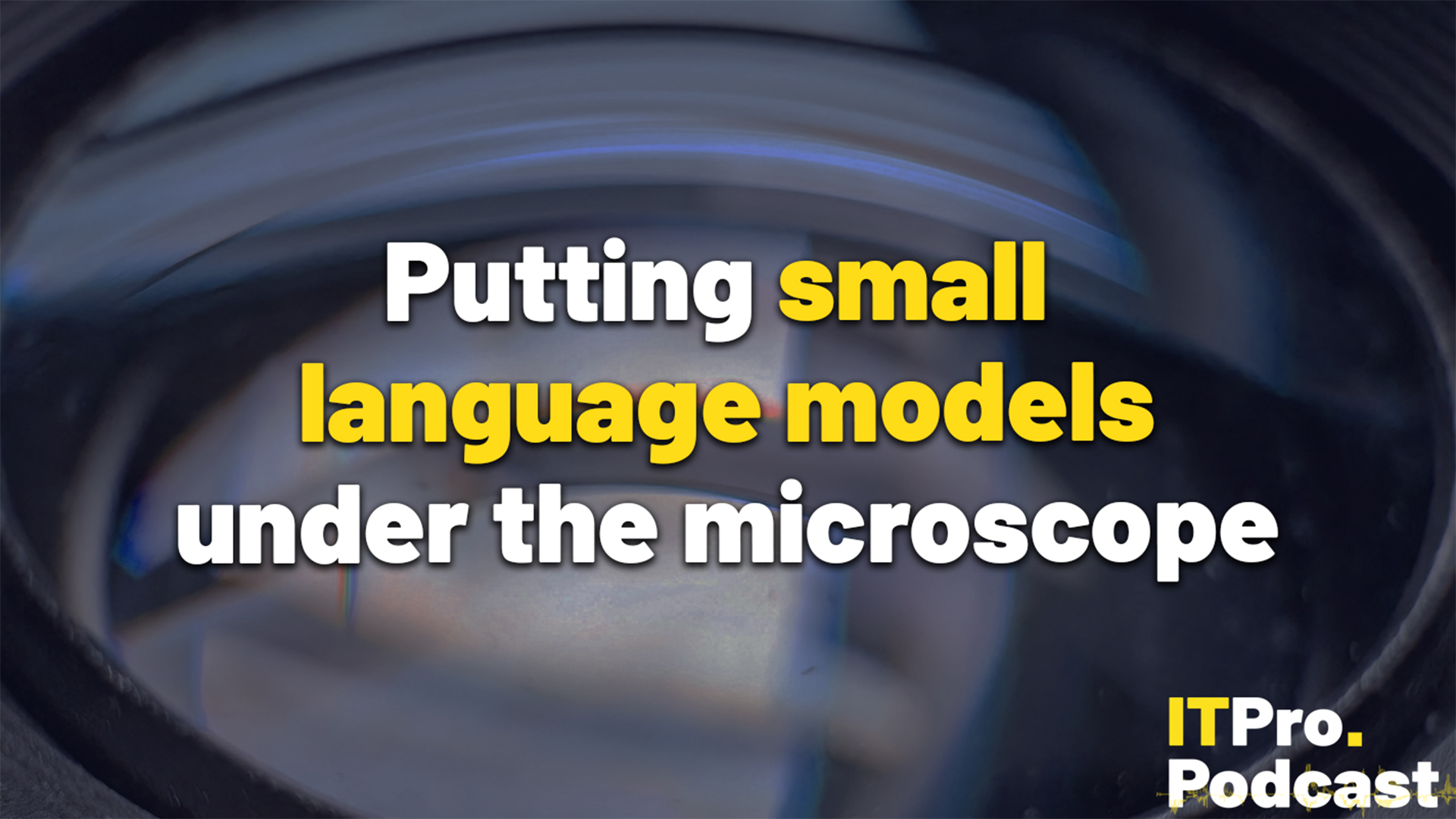EU agency takes on DNS flaw
ENISA is looking at system security extensions as one way of strengthening the security of servers handling IP addresses.


The European Network and Information Security Agency (ENISA) has said it is looking at three different measures to bolster the security of the net's addressing system.
The agency, whose job it is to advise the European Union (EU) on public IT and communication security issues, said it was investigating new security measures in response to recently uncovered flaws in the internet's Domain Name Systems (DNS).
The flaws, first identified by security researcher Dan Kaminsky, were proven to be able to poison the servers that translate domain names into internet protocol (IP) addresses, with the potential to infect user PCs with malicious code or intercept and edit email.
ENISA said it is looking into three standard technologies to combat the flaws. They include Multiprotocol Label Switching (MPLS ), IPv6 and Domain Name System Security Extensions (DNSSEC).
DNSSEC, for example, is a set of DNS extensions that provide origin authentication of DNS data, data integrity and authenticated denial of existence. DNSSEC protects internet servers from domain name system attacks, e.g. DNS cache poisoning by malicious users. ENISA said several European Country Code Top Level Domain Registries have already adopted the use of DNSSEC and are actively participating in the agency's activities.
The agency added that it was looking at the potential of all three technologies to help improve the resilience, availability and integrity of the internet. It is also working with regulators, policy makers, network operators, network equipment vendors and academia to establish best practice approaches to tackling the flaws.
The agency is taking stock of existing policies and regulations used locally, across EU Member States, by operators through a series of interviews.
Get the ITPro daily newsletter
Sign up today and you will receive a free copy of our Future Focus 2025 report - the leading guidance on AI, cybersecurity and other IT challenges as per 700+ senior executives
And, to assess the effectiveness of any potential fix and identify potential problems or gaps that arise with those fixes that could compromise the availability of networks and services, the agency will analyse the operator input, in direct consultation with all leading stakeholders, in order to develop EU guidelines.
"The recent spotlight in the news on DNS vulnerabilities and attacks highlights the importance and relevance of ENISA's work on improving the resilience of public communications, vital for European e-government and ultimately, e-business," said Andrea Pirotti, ENISA's executive director.
The final results of the agency's research will be presented at a "Resilience of Public e-Communication Networks" workshop that will take place in Brussels in November.
A 25-year veteran enterprise technology expert, Miya Knights applies her deep understanding of technology gained through her journalism career to both her role as a consultant and as director at Retail Technology Magazine, which she helped shape over the past 17 years. Miya was educated at Oxford University, earning a master’s degree in English.
Her role as a journalist has seen her write for many of the leading technology publishers in the UK such as ITPro, TechWeekEurope, CIO UK, Computer Weekly, and also a number of national newspapers including The Times, Independent, and Financial Times.
-
 How the UK MoJ achieved secure networks for prisons and offices with Palo Alto Networks
How the UK MoJ achieved secure networks for prisons and offices with Palo Alto NetworksCase study Adopting zero trust is a necessity when your own users are trying to launch cyber attacks
By Rory Bathgate
-
 Putting small language models under the microscope
Putting small language models under the microscopeITPro Podcast The benefits of small language models are undeniable – but they're no silver bullet
By Rory Bathgate
-
 DNS loophole could allow hackers to carry out “nation-state level spying”
DNS loophole could allow hackers to carry out “nation-state level spying”News Sensitive data could be accessed from corporate networks using vulnerability
By Rene Millman
-
 What is DMARC and how can it improve your email security?
What is DMARC and how can it improve your email security?In-depth Protect your customers and brand rep with this email authentication protocol for domain spoofing
By Gabriella Buckner
-
 Cloudflare and Apple launch privacy-focused DNS protocol
Cloudflare and Apple launch privacy-focused DNS protocolNews Oblivious DNS-over-HTTPS safeguards users' browsing habits from third parties
By Sabina Weston
-
 What is DNS?
What is DNS?In-depth We explain what DNS is, how it works, and how outages can be avoided
By Dale Walker
-
 D-Link routers under siege from months-long DNS hack
D-Link routers under siege from months-long DNS hackNews The attackers are running malicious IPs through a Google Cloud Platform virtual machine
By Connor Jones
-
 SMBs warned over corrupted SOHO router risk
SMBs warned over corrupted SOHO router riskNews Team Cymru researchers claim 300,000 routers may have had their DNS settings changed by cyber criminals.
By Caroline Donnelly
-
 Will the FBI close down your online business this March?
Will the FBI close down your online business this March?In-depth In tackling the DNSChanger botnet, the FBI may take a load of businesses offline. Davey Winder is, unsurprisingly, anxious...
By Davey Winder
-
 DNS Changer botnet smashed in major cyber crime bust
DNS Changer botnet smashed in major cyber crime bustNews A botnet that is thought to have earned its controllers $14 million is dismantled.
By Tom Brewster